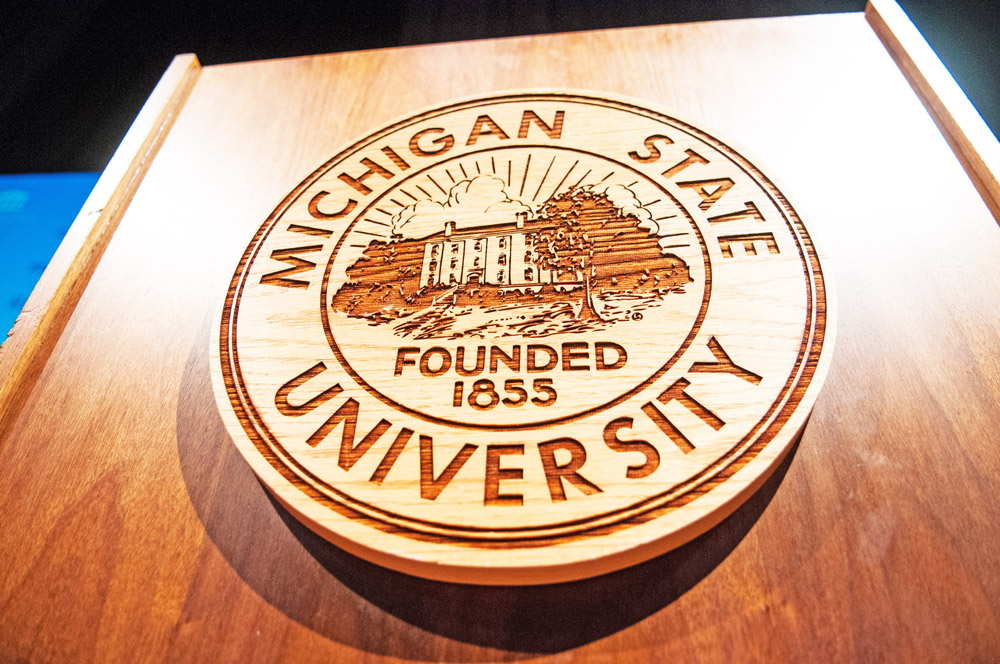The MSU IT Council met on August 3. Below are the high-level topic summaries from the meeting.
Interim Chief Information Officer Transition
Rob McCurdy was named Interim Chief Information Officer for MSU as of August 1. He plans on continuing the strategy and projects outlined on bolderit.msu.edu. Rob says he looks forward to learning more about the broader MSU culture and being more visible to campus, the IT Exchange group, and the MSU IT Council.
Responding to IT Council member questions, Rob indicated that six of the top 15 projects align with the Deloitte report, and that he would like to place some additional focus on the MSU IT project onboarding process.
Read more about technology projects on the Bolder IT website.
Office 365 Progress
Office 365 documentation is being drafted while IT staff in the College of Natural Science (CNS) and Broad College of Business continue to migrate their units using the Dell-on-demand tool as part of the pilot. To date, CNS has migrated 150 accounts and Broad 50 accounts.
The Campus Exchange/Office 365 service will need increased support from MSU IT to move beyond a pilot and will require a complete migration plan for the campus legacy email system. Departments that also want to have their unit email accounts upgraded to Campus Exchange/Office 365 (in conjunction with the campus legacy email migration) should notify MSU IT through the MSU IT Service Desk.
Enterprise Stewardship of IT
Barb Dawson, Assistant Vice President of IT Strategy, presented the model for enterprise stewardship of IT. Barb has been working with a team to review governance models in the public sector, private sector, and higher education. In the past, the term “IT governance” was used to denote power. Going forward, the term “stewardship” will be used to denote prioritization of IT projects for the overall good.
The model for the stewardship of IT currently looks as follows:
- There will be business committees that will steward IT initiatives, including: IT Executive Transformation, Data Stewardship, Administrative Systems, Student Systems, Research Systems, and Academic Technologies. When formed, these committees will meet regularly to prioritize IT projects and resources using a set of shared criteria and principles.
- There are also the MSU IT support and project management groups. They will cover how MSU will deliver IT, including: IT Security, Enterprise Architecture, Portfolio Management, Project Management, Infrastructure, and Desktops Units/Functions.
The IT Council will have the opportunity to influence the business committees and participate with the MSU IT support groups.
About the IT Council
The MSU IT Council serves as a primary IT advisory body. Membership is made up of IT leaders appointed by the senior deans and directors from each of the degree‐granting colleges, core academic units, major academic support units, and other major business units.
The MSU community is encouraged to seek out their IT Council representative or visit the IT Council website for more information on topics of interest.



